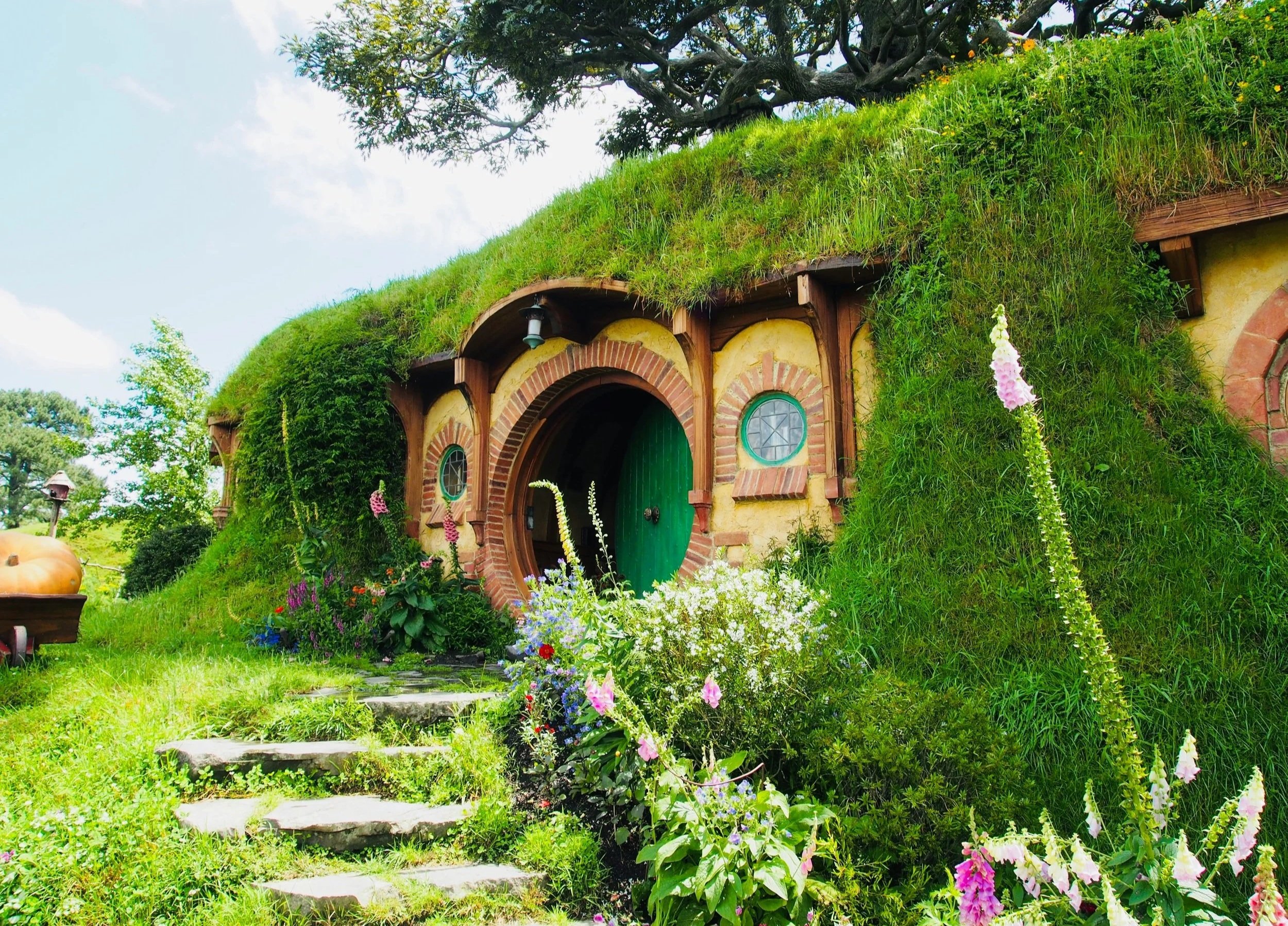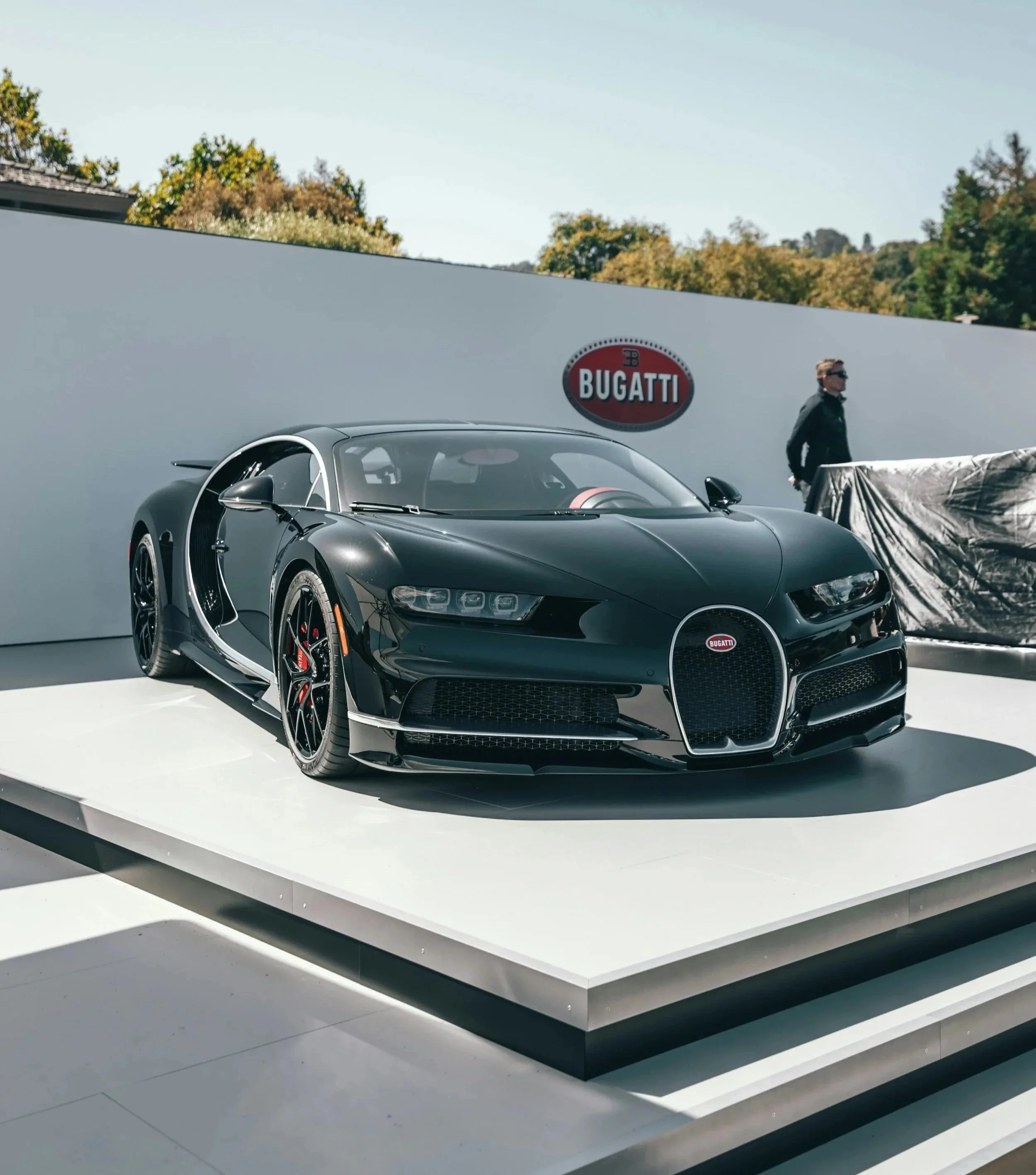Read and enjoy the latest about the fascinating world of trademarks here. The latest on developments in the field of trademark rights, including background information, relevant cases and videos about a range of trademark topics can be found in our Thinktank.
Blogs
De 9 Straatjes: one street too far
The De 9 Straatjes (9 Streets) name will be familiar to anyone who has spent time in Amsterdam. It refers to the well-known shopping area in the city center, home to boutiques, cafés and galleries. For years, the entrepreneurs’ association behind this neighborhood held an EU trademark for DE 9 STRAATJES.
(Artificial) flower power
Recently, two Danish parties faced off in a dispute over the design registration of a cream-white hydrangea. The complainant’s objection? The flower looked too real, too natural. In other words, no creative choices were made and the flower therefore lacked any true design. They also argued that the design was no longer new and lacked individual character.
Lacoste goes after Asian crocodiles too
A crocodile logo for apparel? That’s guaranteed to catch the eye of Lacoste’s trademark team. The company is notoriously vigilant toward anyone trying to claim similar figurative marks, in order to prevent free-riders from capitalising on its iconic brand. So what happened when a Taiwanese company filed a trademark featuring two crocodiles and Chinese characters?
Harry Potter and football
Football player Kerem Aktürkoğlu often gets called Kerem “Potter” by fans — celebrating his goals with a Harry-Potter-style spell-casting gesture. But could this gesture infringe Warner Bros.' trademark rights? And why did a reported lawsuit suddenly disappear as if by magic?
The Hobbit can work magic
The name Hobbit is known worldwide—whether through J.R.R. Tolkien’s books or the film adaptations. Does this automatically mean that everyone also knows the Hobbit trademark? That’s an interesting question that the Board of Appeal of the European Union Intellectual Property Office (EUIPO) is currently considering in a similar case. This decision is however about examining the interesting question of how far the similarity of goods and services extends.
Why Jägermeister’s bottle look still reigns supreme
Recently, the Italian Polini Group attempted to register a new label under the name Alten Kräuterfrau as an EU trademark. Jägermeister opposed the application, arguing that the design leaned too heavily on the appearance of its recognizable bottle.
Use your brand as a trademark
Thanks to its innovation, the Dutch horticulture, agriculture, and gardening sectors are one of the pillars of the Dutch economy. But the growers and farmers need to come up with names for all the wonderful new things they grow and cultivate. Coming up with a name is difficult enough, but often two names are needed for each new product. That requires some explanation.
AVICII - Brand crucial for protecting the name of deceased artist
The tragic death of one of the world's most famous DJs, AVICII, does not mean that his intellectual property rights have come to an end. In fact, a strong IP portfolio makes it easier for his heirs to properly manage his estate. However cruel it may be, the value of a deceased celebrity's name generally remains high, even after that person has passed away. This is also the case with AVICII, whose music is still played daily on the radio, television, and in clubs.
And what if your last name is Alessi?
The Italian design brand Alessi has been synonymous with stylish, elegant products for decades — from coffee pots to corkscrews — all infused with design, humor, and Italian finesse. Renowned designers like Philippe Starck, Ettore Sottsass, and Zaha Hadid have collaborated with the brand.
Recently, Alessi had to defend its trademark in an opposition case against ALESSI COMFORT, a brand filed for furniture by an Italian man named Antonio Alessi. He may have believed that using his own surname would entitle him to register it as a trademark — but that’s a common misconception.
Under trademark law, having a personal name doesn’t automatically grant the right to use it as a brand name. Otherwise, the market would be full of fake CHANEL, PORSCHE, or PHILIPS brands. Article 14 of the EU Trademark Regulation allows people to use their own name only under strict conditions: the use must genuinely refer to the person and must not be misleading or confusing. Therefore, labeling furniture prominently with “ALESSI” is not allowed.
As a result, Antonio Alessi’s defense failed, and his ALESSI COMFORT mark was rejected by the EU trademark office — a somewhat naïve attempt to benefit from the fame of the iconic Alessi brand.
Hands off Nike’s Swoosh
A simple, flowing line that stands for speed, performance and innovation for decades. Of course, we’re talking about Nike’s world-famous Swoosh. Designed in 1971 by graphic designer Carolyn Davidson, the Swoosh has become one of the most recognisable symbols in the world. So recognisable, in fact, that it often appears without the word “Nike” — and everyone still knows exactly what it represents. Recently, this iconic symbol found itself at the centre of a legal dispute.
The end of the MICK JAGGER trademark (for now)
The Danish company behind Jagger Junk requested that the MICK JAGGER trademark, owned by Musidor B.V. (the Dutch intellectual property company of the Rolling Stones), be revoked. According to Jagger Junk, the trademark has not been genuinely used within the European Union during the past five years — a requirement for maintaining trademark protection.
Haaland brand stolen
What happens when someone tries to steal Erling Haaland’s name – not on the pitch, but as a trademark?
A Polish man thought he was being clever by registering “HAALAND” before the famous striker did. But the Terminator wasn’t about to let that slide.
What followed was a legal battle full of bold moves, unbelievable excuses, and one clear message: you don’t mess with Haaland – not even off the field.
Starbucks vs. Sattar Buksh – When parody is permissible under trademark law
Can you parody a well-known brand? The branding of Pakistan coffee chain Sattar Buksh shares a striking resemblance with that of Starbucks. Sattar Buksh openly admitted that Starbucks had inspired them. The founders find it amusing that “Sattar Buksh” sounds similar to “Starbucks” but explain that the wording has a completely different meaning.
A Bugatti with a vacuum cleaner under the hood?
Chinese company Dreame Technology, best known for its high-tech hair dryers and especially vacuum cleaners, declared its ambition to compete with hypercar makers like Bugatti. Dreame wants to build the world’s fastest car—by adapting the powerful motors from its vacuum cleaners for use in electric supercars. But what if Dreame’s dream car also looks a lot like the Bugatti Chiron we know?
Nike Air position mark in danger?
Skechers once wanted to protect the position of the visible cushioning of the Skechers shoe as a European trademark. But that attempt failed. The European Trademark Office found that the sign did not sufficiently deviate from the norm within the sector. In other words, the position mark lacked distinctiveness.
Now Nike has filed a position trademark for the visible air unit on its shoe.
Dog treat takes a bite out of bourbon brand Maker’s Mark
From time to time, companies in other sectors attempt to create a parody of an existing brand. After all, they argue, their product comes from a completely different industry, so confusion is unlikely. Such is the case with the dog treat from the company Wigglewow, named “Maker’s Bark.” The dog treat is shaped like the bourbon bottle, complete with the distinctive red wax on the cap.
Elon Musk’s xAI sued by gaming network Xai
The Ethereum-based gaming network Xai is taking xAI, Elon Musk’s AI company, to court. Xai’s parent company, Ex Populus, filed a lawsuit in California for trademark infringement. At the heart of the case lies the question of whether there is a likelihood of confusion between the two marks. According to Ex Populus, the similarity between “Xai” and “xAI” is misleading and damaging to their brand.
Copying: theft or tribute?
The line between inspiration and copying is a fascinating one and has fueled countless copyright disputes for decades. In trademark and design law, too, the appropriation of distinctive designs, logos, or catchy names often sparks debate. In graffiti art however, appropriating images is often considered a form of tribute or commentary on the original creator’s work.


















